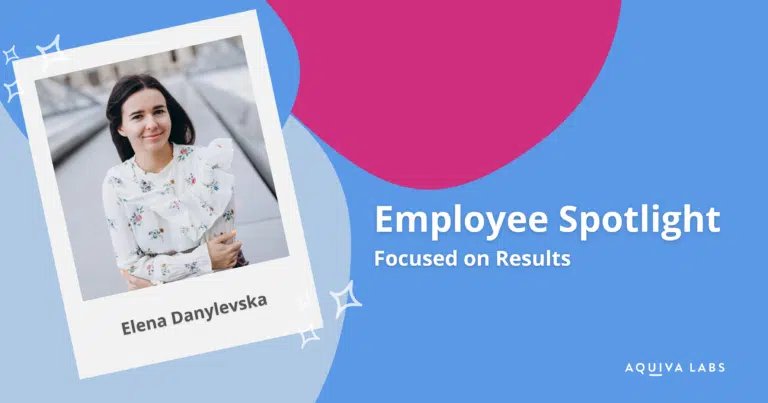With every Salesforce release, there is a small revolution in the ecosystem. Salesforce Spring Release ‘23 has brought a lot of exciting changes in many areas, but as Salesforce Product Development Outsourcing (PDO) experts, we are most excited about the improvements to packaging. We have found three interesting improvements that we believe you will find useful for your business.
1. Get Your Packages Ready for Enhanced Domains
The Salesforce Spring ’23 release introduces Enhanced Domains. From now on, the entire Salesforce ecosystem will share the same domain. This might seem like a cosmetic change in the site name, but in reality, it increases security by reducing the need for third-party cookies when using Salesforce.
To explain the concept, cookies are pieces of information about your Internet activities. For example, your browser remembers your identity when you log in and saves you time. Third-party cookies are pieces of information about your access by a third party, for example, your social media account, or search engine. This practice can be sketchy, but luckily, it is being made redundant.
The old approach of Salesforce was to have different domains all over the ecosystem and take advantage of third-party cookies for good use. Our browsers used to think that they were dealing with third-party entities when dealing with different parts of the secure Salesforce ecosystem. This happened because not all sites were using third-party cookie technology for this positive use. Now that this standard is being abolished, Salesforce is also changing its model. This is the main reason why this change is being introduced.
In summary, Salesforce is increasing its security, which means that you need to ensure your packages comply with the new requirements. Developers need to test their packages and ensure that references to the domains and endpoints are up to date.
2. Limit User Profile Access for Packages Installed via Metadata API
When installing Salesforce managed packages we always had the option to install it for “Admins Only” or for “All Users”. To install First Generation Package (1GP) we can use InstalledPackage metadata type, which in the current release has a new field named securityType. This field allows package developers to limit user profile access for packages installed via Metadata API.
What is cool about this feature is that it can help improve the security of package installations by limiting access to only those profiles that require it. However, be aware that if securityType is not specified, the default behavior provides access to the package to all user profiles in the org.
In case you missed it, in Second Generation Packages (2GP), we have had that option already for some time when using the sfdx command.
3. Specify a Default Language for Unlocked and Second-Generation Managed Packages
Salesforce has customers all over the world, and so do we. We support our customers in many different languages. Sometimes we deal with multiple languages in the same Salesforce instance, so we are delighted to see the default language for both unlocked and second-generation managed packages. But what does it mean? This means that developers can now specify a default language for their packages. This feature will improve the user experience for non-English speakers or even English-only speakers in some instances. We are happy that Salesforce is embracing inclusivity!
Why we love Salesforce Releases
Each Salesforce release brings something new to the ecosystem, and this time is no different. We are excited to get our hands on these new packaging features and put them into action. If you would like to learn more about the new packaging features of the Spring Release or how to scale your business on the Salesforce AppExchange, contact us now and get in touch with our Salesforce experts!




